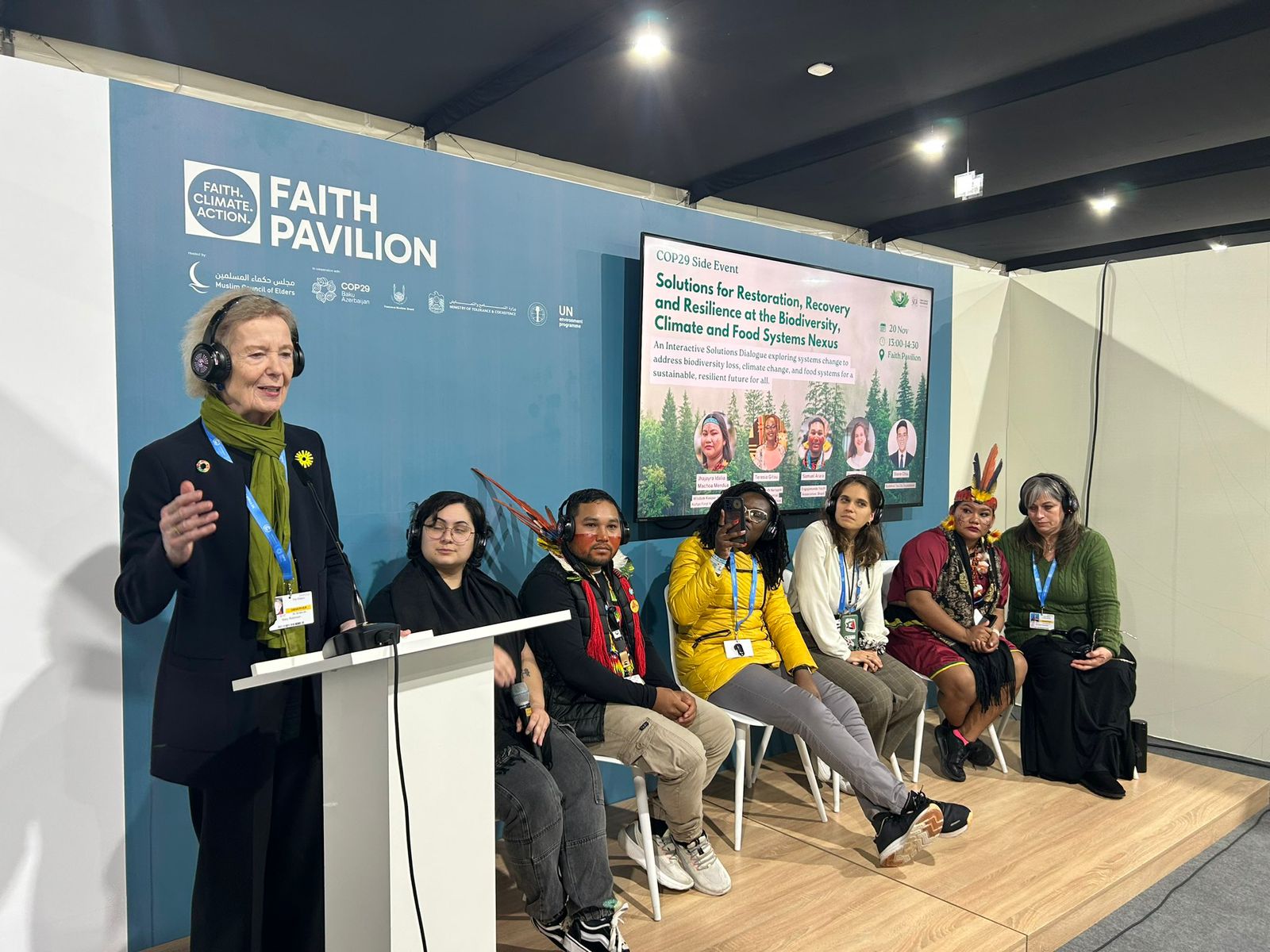The Muslim Council of Elders, under the leadership of His Eminence Prof. Dr. Ahmed Al-Tayeb, the Grand Imam of Al-Azhar, affirms that youth are the cornerstone of building nations and advancing societies. They are the foundation of the present and the strength of the future. The Council highlights the necessity of investing in the energies of youth and developing their capabilities, contributing to enhancing their civilizational and societal roles in peacebuilding and confronting global challenges.
In a statement released on International Youth Day, which falls on August 12th each year, the Muslim Council of Elders emphasized the importance of supporting and empowering youth and fostering positive belonging among them. The Council noted that, according to United Nations statistics, half of the world's population is under 30 years of age, and this key segment of society is expected to increase by the end of 2030. This necessitates intensifying and doubling current efforts and providing a conducive and stimulating environment that activates the role of youth, enhances their capabilities, and develops their potential to face the various challenges confronting the world today, foremost among them being issues of extremism, hatred, poverty, and climate change.
The Muslim Council of Elders is committed to supporting and empowering youth to innovate and create in the field of peacebuilding and human coexistence. This aligns with the Council's vision to build a promising generation of young leaders who will guide the world with their skills, capabilities, virtues, and relationships towards establishing lasting peace and stability. This is achieved through a series of targeted programs, foremost among them being the "Emerging Peacemakers Forum," the "Student Dialogues on Human Fraternity" program, the "Ethics Education Fellowship Program," and the "Azadi Fellowship Program" to promote dialogue and coexistence.
The Council also works on involving youth in various significant events it has organized, including the first-ever "Faith Pavilion" at COP28, where youth participated in exchanging ideas and opinions on globally significant environmental and climate issues. Additionally, the Council engaged youth in several international book fairs, initiatives, conferences, and major forums such as the Human Fraternity Majlis, which was held for the first time this year, witnessing substantial and active participation from youth to shape new visions that contribute to promoting the values of tolerance and peaceful coexistence.

